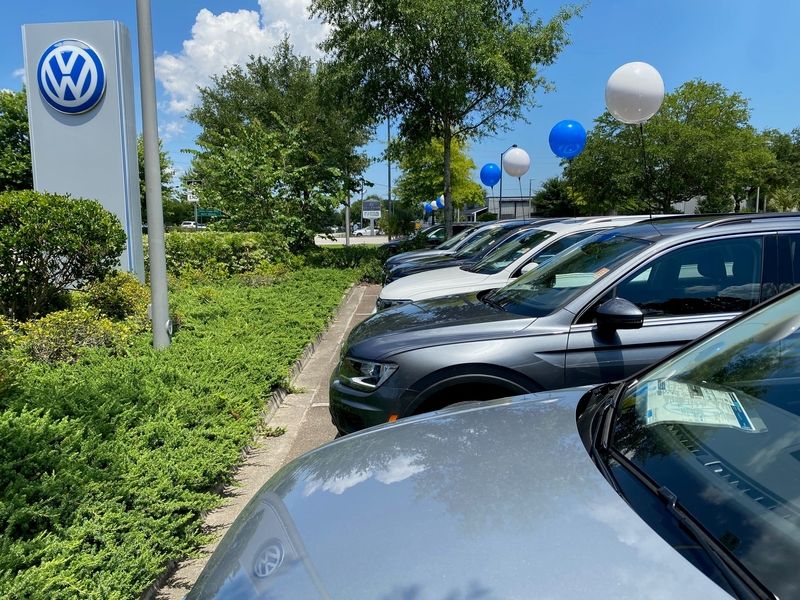
A good relationship with the dealer’s F&I department can take a price-competitive lender “over the top” to capture incremental business, a J.D. Power analyst said.
“It all revolves along [a] relationship,” Patrick Roosenberg, J.D. Power automotive finance intelligence director, said Friday in discussing the firm’s 2021 U.S. Dealer Financing Satisfaction Study results released last week.
He called it “absolutely” possible that a dealer would pay even a higher buy rate if a strong relationship existed with the vendor.
“Auto dealers who maintain transactional relationships with lenders, spreading their business across multiple institutions without establishing go-to relationships, have significantly lower levels of satisfaction with their lending partners,” Roosenberg said in a statement Sept. 23.
“In this market, where rates are low and new-vehicle sales volumes remain significantly suppressed, captive and non-captive lenders who want to stay competitive need to set themselves apart by forging close relationships with dealers through their sales reps, retail credit staff and funding.”
The study also found dealerships viewed lenders as less accessible than in the pre-pandemic year of 2019, according to Roosenberg. This could be detrimental to the lender.
Roosenberg called it important for a lender to offer one-contact resolution of an F&I department’s request. If a dealer sought to restructure a deal to meet a customer’s need, it’s important the lender be available to make that decision, according to Roosenberg.
“They’re not gonna wait,” he said. If the dealer can’t reach that vendor for an answer, they’ll move on and offer the desired terms to a competing lender, he said.
“It’s really about availability,” he said.
This also applies if a lender proposed different loan terms than what the dealer submitted, Roosenberg said. The finance company should have someone available to explain the restructuring, he said.
“That’s the biggest part of it,” Roosenberg said. “Having that open dialogue.”
The study ran between May and July and measured nearly 3,000 dealership finance-and-insurance professionals’ satisfaction with six groups of lenders. Among its other findings:
- Dealers were most satisfied with Volkswagen Credit, Subaru Motors Finance and Toyota Financial Services, in that order, out of all mass-market captive finance companies. All three scored more than 900 on a 1,000-point scale. Though failing to crack the 900 mark, Honda and Ford’s captives exceeded the national average of 876 points.
- TD Auto Finance ranked No. 1 out of national banks with 953 out of 1,000 points, followed by Ally Financial with a 940. No other lender beat the national average of 886, though Capital One Auto Finance came close at 881.
- Ally also dominated the subprime category with a score of 932. Second-place Capital One was nearly 100 points back at 854, but still ahead of the 850 national average. Chase Automotive Finance and Santander Auto Finance came close to the subprime satisfaction mean with scores of 848 and 847, respectively.
The 2021 study also examined dealer satisfaction with their various leasing partners. Audi Financial Services scored the highest, earning 952 out of a possible 1,000 points, with its sister captive Volkswagen Credit close behind at 949. Ford, Toyota, Honda and Lincoln’s captives also beat the national average of 881 points — as did the indirect lessor Ally.
Roosenberg said a finance company’s ability to explain its leasing program to the dealer “really stands out” as a satisfaction driver.
“That is significant for lease transactions,” Roosenberg said. The lessor must educate the dealer on the intricacies of the leasing program, such as trims and program levels, he said.
“I harp on this,” Roosenberg said.
Lenders should deliver this information campaign on a dealer-by-dealer, “one-on-one messaging” basis, and help work out what vehicles fit best for the retailer.
“That’s what provides value to the dealer,” Roosenberg said.